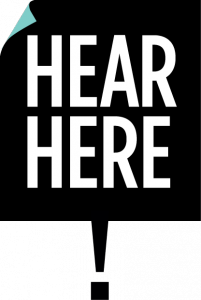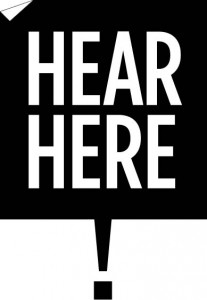Networked Urbanism
design thinking initiatives for a better urban life
apps awareness bahrain bike climate culture Death design digital donations economy education energy extreme Extreme climate funerals georeference GSD Harvard interaction Krystelle mapping market middle east mobility Network networkedurbanism nurra nurraempathy placemaking Public public space resources Responsivedesign social social market Space time time management ucjc visitor void waste water Ziyi
Posts by Yunez, Hansley
Today’s highly connected world has enabled new forms of communication that have heretofore been impossible. Platforms such as Facebook, Twitter, and Quora allow us to connect with our friends, followers, or people of shared interest, essentially without regard for their physical location. These new forms of interaction are invaluable in their ability to target a very specific audience in ways that are difficult or impossible without current technologies. But while these technologies have largely erased spatial barriers, its potential for facilitating proximal interactions has been left largely unexplored.
What if there was a platform where we could easily share photos and have discussions with fellow event-goers with whom we share our current location? What if this platform could let us talk to our neighbors about community news, ask about a lost pet, or put an item up for sale? What if this platform could allow a new tenant to ask existing residents about move-in advice?
Despite the tremendous value in locally-targeted communication, there is as yet no dominant platform through which to do so. Services that connect you with your residential neighborhood do not allow you to engage with people outside of its boundaries. Services that let people to post in predefined public places do not reflect the users’ sense of place. Services that allow people to post geolocated messages via their physical location do not capitalize on the inherent advantages of the digital medium to transcend spatial restrictions.
For these reasons we decided to develop our own solution:
Hear Here is a location-based discussion board that allows people to connect with each other through the commonality of place. It allows users to engage in threaded discussions that are linked to locations around them. Nearby discussion threads are displayed based on the user’s physical location. Users can also view discussions in other places by moving their virtual selves to that location. These discussions are persistent—they can be viewed and continued by future users even after the original participants have left. Hear Here is designed to foster both local community and provide an avenue for transient populations to engage with locals and with each other.
Hear Here is entirely user generated. Its users create both the content and the geometry of the places to which these topics are tagged. These places can range in scale from a single building up to a city district. A place can be as well-defined as a building or as nebulous and transient such as an impromptu street festival. And because these places not defined by top-down categorizations, Hear Here can provide insights into how people truly conceive of place.
Hear Here can be understood as a conciliation of the digital layer with the physical world. Discussions, conversations, and thoughts are mapped to a virtual representation of real space. Hear Here is still cyberspace—you are free to move your virtual location wherever you want—but it straddles the digital/physical divide in a way that marries the qualities of both kinds of space. It liberates real world users from physical restrictions by allowing them to engage with others at any place and any time, yet it still retains the real world spatiality that is valuable for targeting users. This spatial duality is still a novel and under-explored conception, but we are excited to see how people utilize it in ways we cannot yet imagine.
Hear Here! is a platform that allows you to engage in virtual discussions with people within your vicinity. You can target an audience based on their location (be it your neighbors, concert goers, park patrons, building occupants, etc.) and engage in a rich exchange of information (ie. discussions, photo sharing, classifieds, comments, announcements, etc.). Hear Here aims to strengthen community by facilitating communication amongst other locals.
“Where do I go to talk to my neighbors about the new building policy?”
“How do I find out about lectures and events around my area?”
“Can I borrow a lawnmower from a neighbor?”
“I want to tell people about how much I love this park!”
Think Big
While the internet excels at facilitating discussions with strangers located halfway across the world, there is a conspicuous absence of online services that cater to answering the above questions. These activities are still largely conducted via analog means, ie. bulletin boards and face-to-face encounters. But one can imagine a whole host of applications which can benefit from location-specificity. These include:
- • Classifieds (buy & sell, activity partners, job postings)
- • Announcements and bulletins
- • Discussion boards
- • Live chat
- • Local events
- • Community building
Can we create an easy-to-use medium for the exchange and dissemination of location-specific information?
Start Small
The service will be rolled out in a phased manner. Events and announcements will be introduced first in order to generate site traffic. Discussion boards will follow once a larger readership is established.
Act Now
I am currently mocking up a front-end interface for the service. It will initially focus on location-specific announcements and events.
Yunez, Hansley
It appears that Yunez, Hansley hasn't tweeted anything yet.

